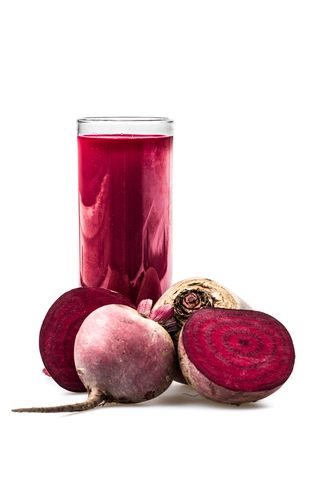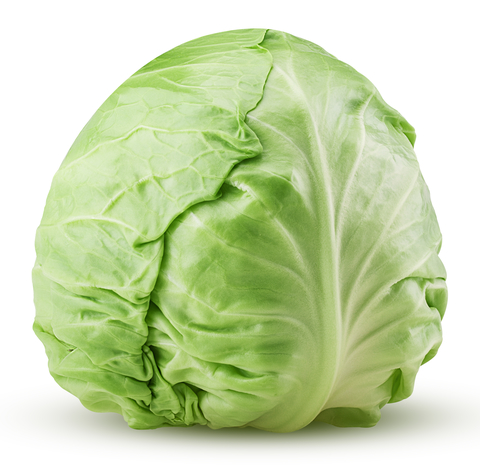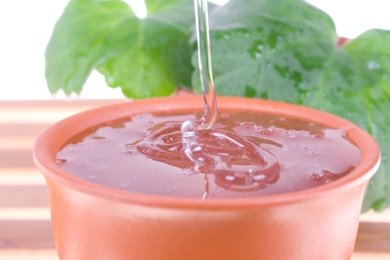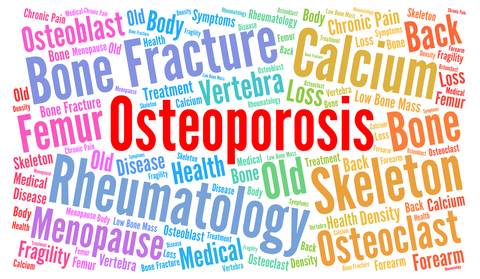Benefits of Spinach
"Let food be your medicine and your medicine be your food. Each one of the substances in a person's diet, acts upon the body and changes it in some unique way, and upon these changes the whole life depends, whether in health, in sickness or convalescent."
Hippocrates 2 000 years ago.
 Spinach
SpinachIn our research for the benefits of spinach, and contrary to popular belief, we have found that spinach is not an especially good source of iron, (sorry Popeye), however its dark green leaves do contain a lot of other valuable nutrients.
Welcome to our website dedicated to exploring the incredible health benefits of spinach.
Spinach is often referred to as a superfood, and is not only a versatile and delicious leafy green but also a nutritional powerhouse. Packed with a wide array of vitamins and minerals, spinach offers a myriad of benefits that can contribute to your overall well-being.
From been a potent cancer-fighting vegetable to aiding in cholesterol reduction and blood pressure regulation, spinach has been hailed as a valuable addition to a healthy diet. Furthermore, recent research suggest that spinach may even assist those looking to quit smoking.
Join us as we delve into the science behind spinach's health benefits, uncover its nutritional content, and explore how this leafy green can positively impact your health and wellness journey.
Important Notice:
Wash, Wash, Wash
Whether it's a bunch of grapes, or a bunch of spinach, always wash your fruit and veggies and never leave cut vegetables or fruit at room temperature for more than an hour.
Major Nutrients in Spinach

|
Main Benefits of Spinach
|
 |
Vitamin E
- Suffer from hay fever?
- Studies have shown that people who eat foods rich in vitamin E have 30% lower incidence of hay fever than those whose diets were low in Vitamin E and spinach is rich in this vitamin.
- Studies have also shown that getting plenty of Vitamin E, cuts cataract risk by 16%.
B Vitamin
- Spinach is an excellent source of folate, a B vitamin which will help you maintain a healthy brain function.
- This B vitamin helps keep levels of homocysteine (an amino acid) in check. This amino acid damages blood vessels and doubles the risk of Alzheimer's disease.
- Low levels of the B vitamin folate increase the risk that pre-cancerous cervical cells will turn into actual cancer.
- It has been found that many people suffering from depression are deficient in the B vitamin folate. That folic acid can act as an anti-depressant is no secret among scientists.
- A growing body of evidence suggests that people with low levels of the B Vitamins folic acid tend to have poorer hearing.
Trying to wean yourself off Cigarettes?
There are some foods that may make it easier to give up smoking by increasing body alkalinity, and spinach is one of them, as well as raisins, figs, almonds and dried lima beans.
Magnesium
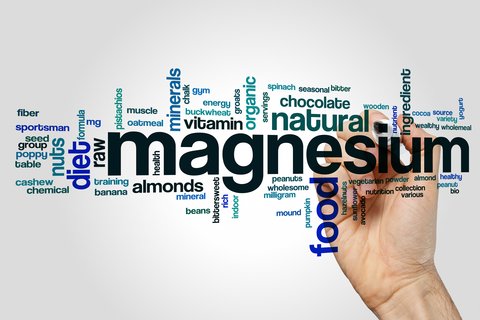 |
Warning:
Researches have found that certain high-oxalate food increases the risk of kidney stones and spinach is the bad boy here, so leave this out of your diet if you are prone to stones.
Beta Carotene
- Spinach is rich in beta carotene and studies have shown such carotene boosts immune defenses against both bacterial and viral infections, as well as cancer.
- So, make it a point to eat dark green vegetables, the darker they are the more cancer-inhibiting carotenoids they have.
Stomach Ulcers and Spinach
- Vegetables such as spinach and beetroot are rich in chemicals that raise levels of nitric oxide in the stomach.
- Researchers think that higher nitric oxide levels may strengthen the stomach's inner lining so it can better protect itself from digestive acids.
Osteoporosis and Spinach
- Spinach contains Vitamin K, an often forgotten vitamin important for preventing fractures.
- One study found that taking 45mg of vitamin K a day reduced the rate of spinal fractures by 65% in women with osteoporosis compared to women who didn't supplement.
You might just like these as well!!
IMPORTANT NOTICE
Home Remedies Haven would like to reassure all the visitors to our site, that we respect your privacy and do not in any way sell personal information.



